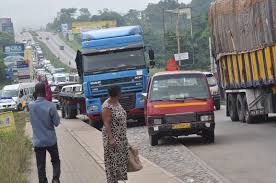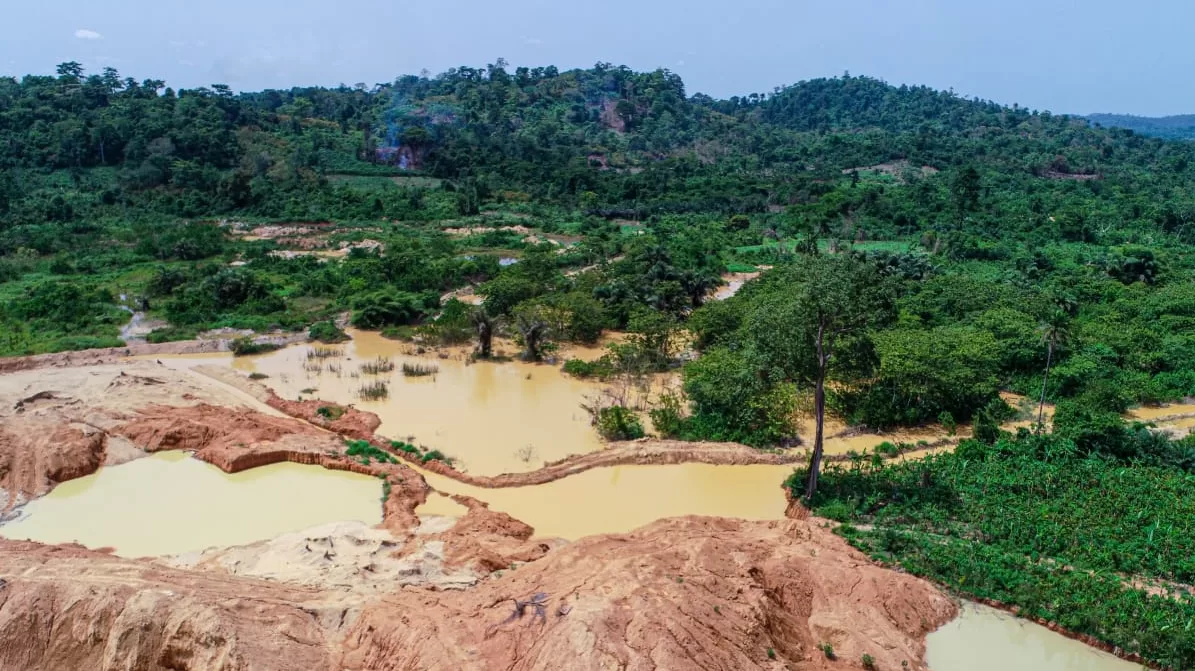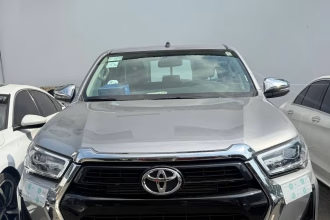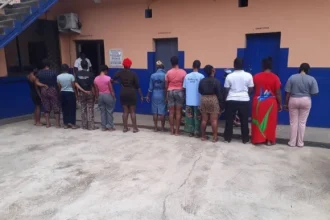The West Africa Nobles Forum is urging the government to think of alternative ways of towing broken down vehicles on the country’s roads.
It said the increasing carnage of the country’s road could be partly attributed to the broken-down vehicles.
“We are in a harmattan season which makes visibility very poor and the number of broken-down vehicles on the Accra-Aflao, Accra-Nkawkaw-Kumasi and Accra-Cape Coast roads, is alarming. We must find a permanent solution to this problem,” the President-General of the forum, Dr Paul Kofi Fynn, told theghanareport.com.
He was speaking in reaction to the reported death of 10 people on Christmas and Boxing days, near Bole in the Savannah Region, and the Konongo-Odumase-Kumasi road in the Ashanti Region respectively.
He said it is important for a re-look at the suspended annual towing fees regime meant to clear the roads off unwanted vehicles.
“We believe that the policy itself is not a bad one, considering the inherent benefits. But urge all to soberly reflect on the towing programme devoid of the populist sentiments that it is intended to enrich someone at the expense of vehicle owners.
“Much as we agree that car owners and drivers have reasons to complain about certain deficiencies in the policy, it will be untenable to completely throw it away,” he said of the towing levy policy suspended in July 2017.
Dr Fynn said almost two and a half years after the policy was abandoned, the carnage continues, with at least six people perishing on the average perishing on the roads daily.

He urged the parties to look for a middle line if the fees are believed to be on the higher side as well as widen private sector participation in order not to create a state-sponsored monopoly.
With abandoned break-down vehicles identified as a major cause of road crashes, the NRSC attempted to implement a mandatory yearly towing fee effective July 1, 2017.
Fees for commercial and private vehicles were fixed from GH¢20 to GH¢200, depending on vehicle tonnage.
However, the implementation was suspended following protests by drivers and transport unions, who described the fees as an attempt to fleece car owners.
A report from the National Road Safety Authority (NRSA) identified speeding, drink-driving, lack of driving skills and fatigued driving as the major causes of road crashes in the country.
Many Ghanaians have questioned the relevance of the police on the roads when drivers continue to abuse the system with impunity.
Although the NRSA has over the years rolled out safety campaigns ahead of the festivities, the country’s accident figures continue to spill blood.
While urging the public to drive according to speed limits and obey road traffic regulations, it also urged the NRSA in and National Commission for Civic Education (NCCE) to do more by intensifying road safety awareness and public education across the length and breadth of the country.
A report from the NRSA identified speeding, drink-driving, lack of driving skills and fatigued driving as the major causes of road crashes in the country.
Many Ghanaians have questioned the relevance of the police on the roads when recalcitrant drivers continue to abuse the system with impunity.
















